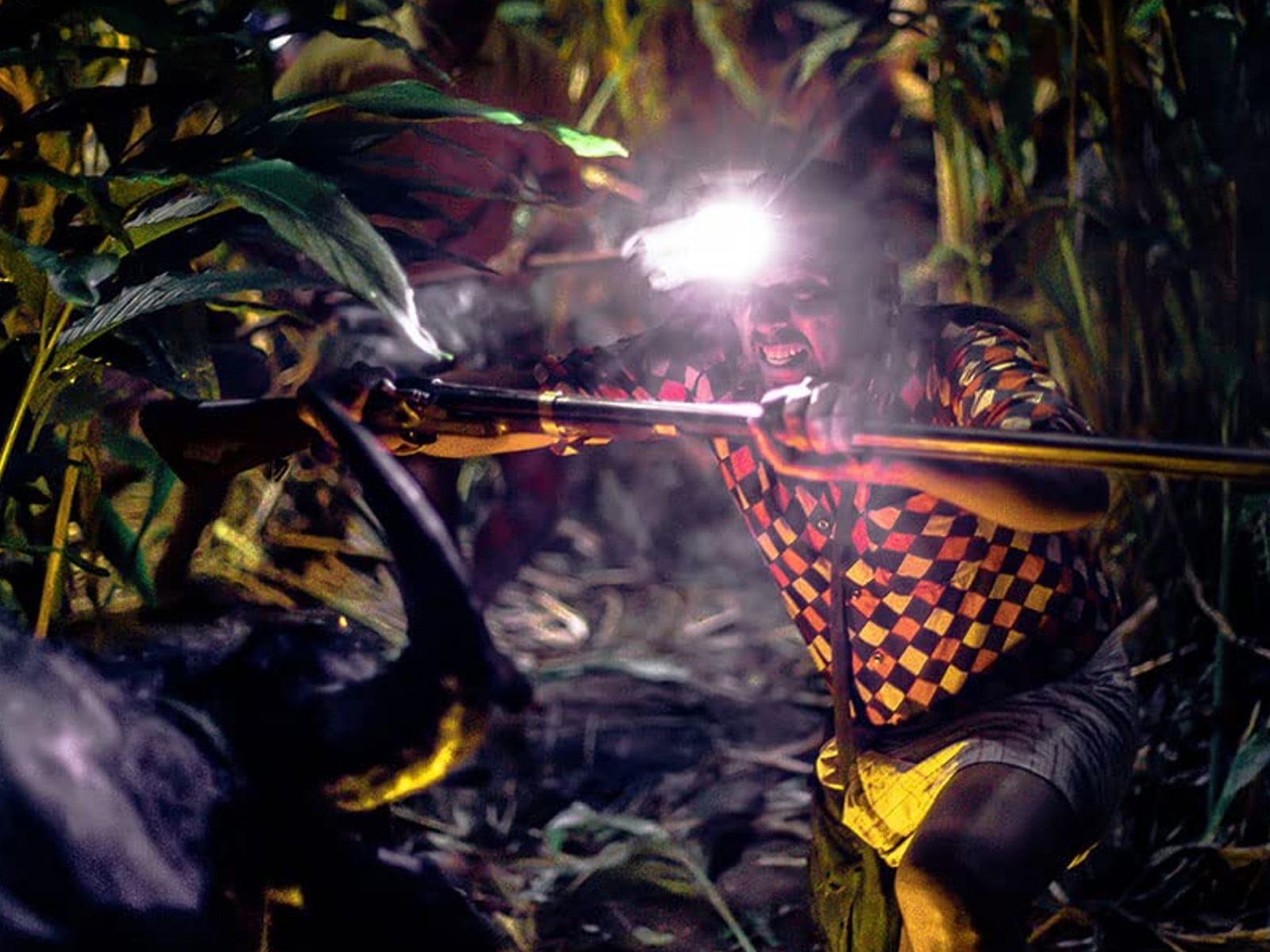
- Golden Globe Awards
Jallikattu (India) – interview with Lijo Jose Pellissery
As a butcher prepares to slaughter a bull whose meat is about to be delivered in preparation for a local wedding party, the bull escapes and runs wild through the village. A small crowd gathers to capture the animal. As excitement builds more and more of the villagers join the hunt, building to a maddening frenzy in which we realize the basic beastly instincts of man. The two alpha males in the village, who pursued the same girl, have a long-standing feud. The incident has the effect of erasing the boundaries between man and beast with an apocalyptic ending. Director Lijo Jose Pellissery shares his thoughts about the journey of Jallikattu.
What went through your mind when you heard the news that your film was the official entry from India in the Oscar race?
I was thankful to God for the opportunity. I was happy like any filmmaker would be. For me, it sounded more like the David & Goliath story because for a film from Kerala, the southernmost state of our country, to get selected as the one to represent India, felt surreal. Glad that the jury members considered our film a deserving candidate for the race. I was really happy for the whole bunch who ran for Jallikattu. We are still on the run, but only this time, for the Oscars race. To represent the country in the race for the Oscars is an honor for the entire team who worked for the film. I am happy that our producer Thomas and “Opus Penta films” are taking it forward in the right spirit, associating with XYZ films.
What attracted you to this subject matter as a writer/director
The original story “Maoist” by S. Hareesh was instantly attractive. An animal on the loose and a whole village losing its faux skin running behind the animal seemed like an amazing idea from the start. From the satirical tone of the short story, the adapted screenplay by S. Hareesh and R. Jayakumar has shifted gears to that of a fast-paced thriller without losing its funny bone. The concept was strong with subtext, with amazing visual possibility and finally seemed challenging as a narrative.
What do you expect the audience to take away from the film?
I would be happier to leave it to the discretion of the audience. The filmmaker or creator has all the right to change, alter and design the film till the last moment before it reaches the audience, in such a way that what he intended to communicate is communicated. Once the film is made, it exists in the world of the audience. Let them decide where, how and why they should watch it and finally what to take back home from the film. The audience is left with all the liberty to comment on criticize, trash or hail the film. According to me, the audiences are sensible and capable of deciding for themselves. So it’s not necessary to dictate, explain, or preach.
Isn’t Jallikattu a festival in India?
Yes, it is. It is a Harvest festival in Tamil Nadu, India. Jallikattu the film has nothing to do with “Jallikattu” the festival, except for the presence of the animal and crowd in both.
Talk about the feedback you have had about the last scene.
I consider Jallikattu has a very strong subtext and it was very well read by all audiences wherever it played. Like I said earlier, I see audiences as sensible beings and don’t want to influence them at all by my words about the film.

